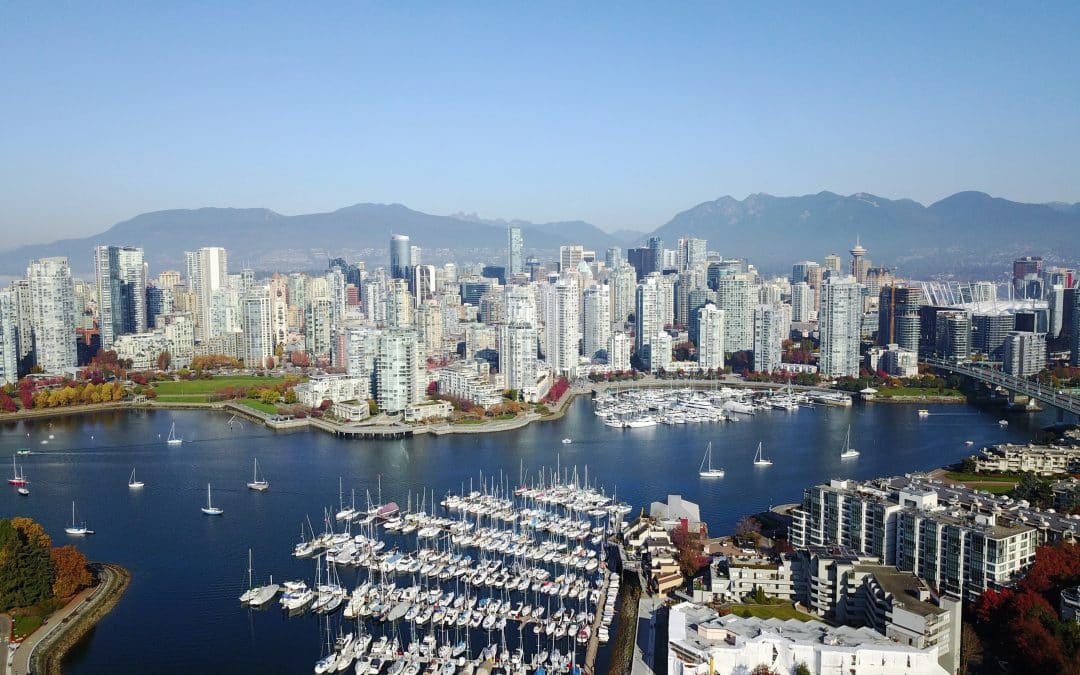The purpose of a Phase 1 Environmental Site Assessment (ESA) is to determine if there is a potential for contamination to be present on a site. Schedule 2 of the BC Contaminated Sites Regulation (CSR) provides a comprehensive list of commercial and industrial activities with the potential to cause contamination. In general, the process of a Phase 1 ESA includes reviewing historical land uses and observing current conditions to determine if Schedule 2 activities have occurred and the potential for associated contamination to be present on the site.
The historical research portion of a Phase 1 ESA involves compiling and reviewing available records for the site, such as historical city street directories, fire insurance plans, aerial photographs, land use maps, municipal records, land titles, and information obtained from the BC Ministry of Environment and Climate Change Strategy (BC ENV) Site Registry. The documents are obtained through online data bases, catalogues, and mapping systems, or they are ordered through municipal and provincial archive services.
A Phase 1 ESA site visit is then conducted to determine the current site conditions and identify potential issues at the site. The site visit is non-invasive and typically involves interviews and a tour of the site to document and photograph site conditions.
The historical and current findings are summarized in a Phase 1 ESA report which is prepared in general conformance to Canadian Standards Association (CSA) standards (CSA Standard Z768-01). Based on the findings, the conclusion of the report will indicate the potential for contamination to be present on the site.
Phase 1 ESAs are typically conducted at the request of lenders prior to financing a site, or they are conducted for due diligence purposes in conjunction with real estate transactions, redeveloping or rezoning a property, or as part of a lease agreement. If there is a potential for contamination to be present, recommendations will be made depending on the purpose of the Phase 1 ESA. Generally, if further work is required, then a Phase 2 Environmental Site Assessment will be recommended; however, if operations plan to continue on the site, it may be reasonable to defer further investigation until operations cease or the site is redeveloped.
For additional information, or if you would like to request a quote for a Phase 1 ESA, please contact Jodine Restiaux at jrestiaux@keystoneenvironmental.ca

